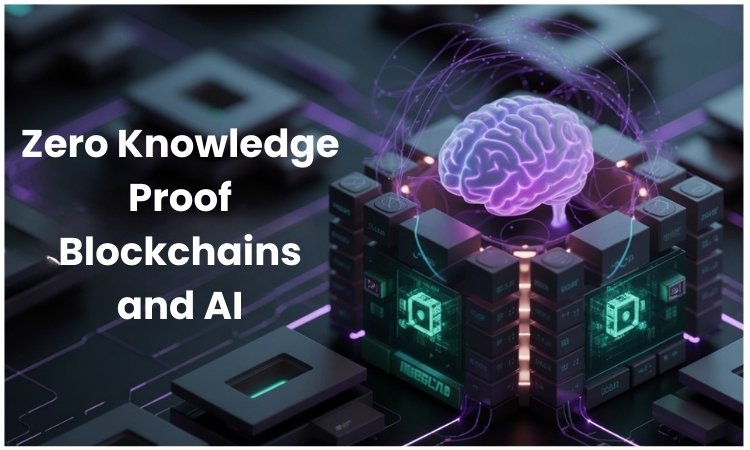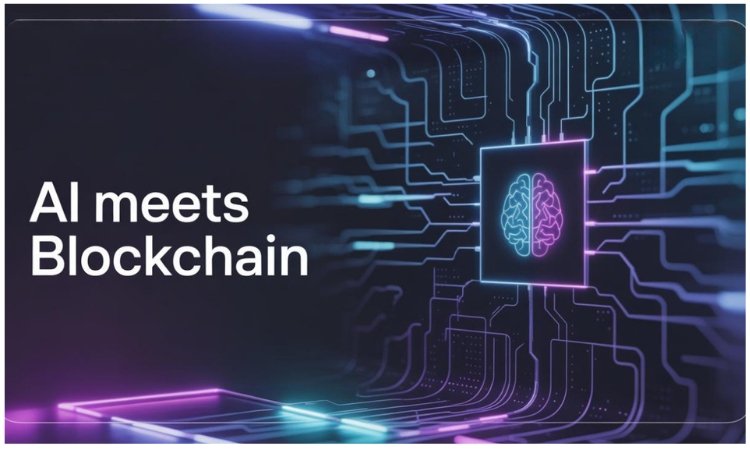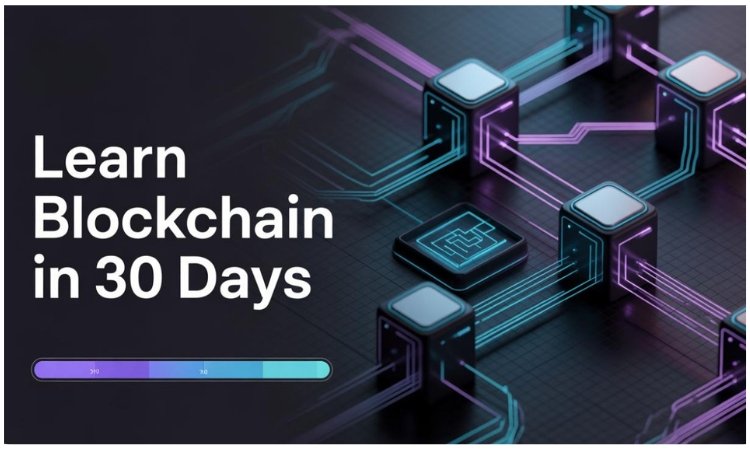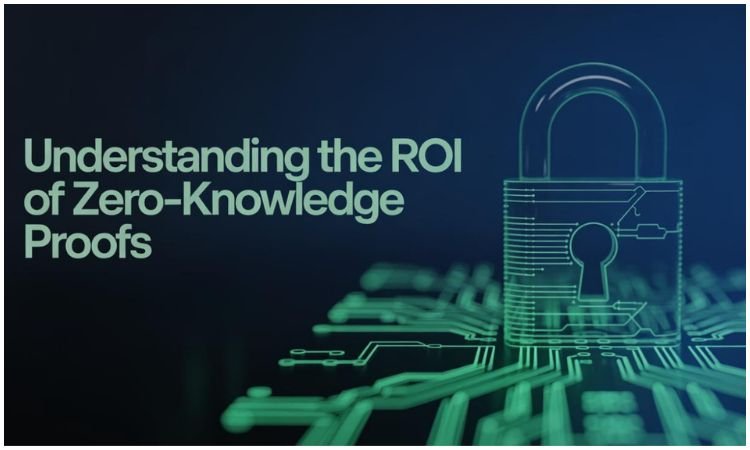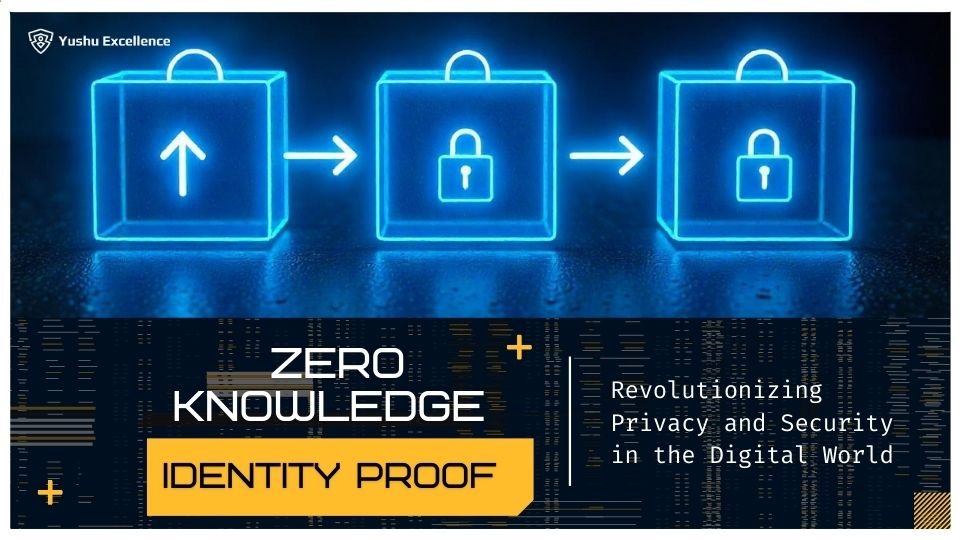
In today’s digital age, privacy and security have become paramount. Every time we interact online, from banking to social media to online shopping, we share sensitive personal information. However, this data is increasingly at risk of being compromised due to breaches, hacking, and identity theft.
Zero Knowledge Identity Proof (ZKIP) is emerging as a groundbreaking solution to these privacy concerns. It allows individuals and organizations to prove identity or authenticate transactions without revealing any sensitive or private information. This cryptographic method ensures enhanced privacy and security, reducing the risk of exposing unnecessary personal data.
In this article, we will explore what Zero Knowledge Identity Proof is, how it works, its use cases, benefits, and the future potential of this technology in securing digital identities.
What is Zero Knowledge Identity Proof (ZKIP)?
Zero Knowledge Identity Proof (ZKIP) is a cryptographic technique that allows one party (the prover) to demonstrate to another party (the verifier) that they know a certain piece of information, without actually revealing the information itself. It is a form of identity verification that keeps sensitive personal data private.
Example: Imagine you need to prove that you’re over 18 years old without disclosing your exact birthdate. Using ZKIP, you can prove that you meet the requirement without exposing your birthdate to the verifier.
The core principle behind ZKIP is the Zero-Knowledge Proof (ZKP) protocol. ZKP ensures that the prover can authenticate their identity or prove knowledge of a specific fact without revealing any extra data. ZKPs are divided into two main categories:
- Interactive ZKPs: These involve a back-and-forth interaction between the prover and the verifier, where the prover answers questions to verify their identity.
- Non-interactive ZKPs: These are more efficient, requiring no interaction between the prover and the verifier. Non-interactive ZKPs are commonly used in decentralized systems like blockchain.
ZKPs rely on three fundamental properties:
- Completeness: If the statement is true, the verifier will be convinced that the prover possesses the necessary information.
- Soundness: If the statement is false, the verifier will not be deceived.
- Zero-Knowledge: The verifier learns nothing about the prover's private data, ensuring complete privacy.
How Does Zero Knowledge Identity Proof Work?
ZKIP works by allowing the prover to perform a series of cryptographic operations that demonstrate their knowledge or identity without revealing any actual data. This process typically involves sophisticated mathematical algorithms that prove the prover’s knowledge in a way that is computationally verifiable but does not disclose the underlying sensitive information.
A Basic Example:
Consider the mathematical formula g^x mod p = y. The prover can prove they know the value of x without actually revealing it. They could send the verifier a random number and use that to prove that x satisfies the equation without exposing the value of x itself.
This method is efficient because it allows secure identity verification without the need for shared secrets or passwords.
Why is Zero Knowledge Identity Proof Important?
1.Enhanced Privacy:
ZKIP ensures that users’ private data remains confidential during transactions. This is particularly crucial in today’s world, where data breaches are rampant and personal information is often exposed without consent.
2.Improved Security:
Traditional authentication methods, such as passwords and PINs, can be hacked or stolen. ZKIP eliminates this risk because there’s no need to store or share sensitive information. Even if a hacker intercepts a ZKIP transaction, they cannot gain access to the underlying personal data.
3. Authentication without Passwords
ZKIP offers a viable solution to replace traditional passwords. Rather than relying on passwords, which can be weak or reused across platforms, ZKIP allows users to prove their identity securely and privately.
4. Decentralization
In systems like blockchain, ZKIP helps in creating self-sovereign identities. Users control their own data and are not reliant on centralized authorities for identity verification.
Use Cases of Zero Knowledge Identity Proof
Zero Knowledge Identity Proof has numerous applications in different industries, especially in fields where privacy and security are critical. Below are some of the most notable use cases:
1. Blockchain and Cryptocurrencies
ZKIP is widely used in blockchain technology, particularly for privacy-preserving transactions. Cryptocurrencies like Zcash and Monero use ZKPs to enable private transactions, where the transaction details (like sender, receiver, and amount) are hidden while still being verifiable on the blockchain. This makes blockchain more secure, transparent, and private.
2. Secure Authentication
ZKIP allows users to authenticate themselves without revealing passwords or other sensitive information. Instead of a traditional username and password system, users prove their identity using ZKPs, significantly reducing the risk of identity theft and fraud.
3. End-to-End Encrypted Messaging
ZKPs can be applied to enhance the privacy of messaging platforms. Users can authenticate their identity before sending encrypted messages, ensuring that only the intended recipient can read the content of the message, without exposing any additional personal information.
4. Data Privacy in Healthcare
Healthcare systems can use ZKIP to verify patient identities without revealing personal medical information. ZKIP could be used to confirm that a patient is eligible for a certain treatment or that they have specific insurance coverage, all while maintaining the confidentiality of their medical records.
5. Financial Transactions
ZKIP can be used for secure financial transactions, such as loan applications or credit card verifications, where the user can prove their financial status or identity without disclosing sensitive financial details like their account balance.
6. Online Voting Systems
ZKPs can ensure that voters’ identities are verified without compromising the privacy of their votes. This can be used to enhance the security and privacy of online elections or voting systems.
Benefits of Zero Knowledge Identity Proof
- Enhanced Privacy: Users can prove their identity without revealing sensitive data.
- Stronger Security: There is no need for passwords or personal information to be stored, minimizing the chances of data breaches.
- Scalability: ZKPs can scale to accommodate a large number of users without compromising security or privacy.
- Cost-Effective: ZKPs can reduce the need for costly data storage and security infrastructure
Challenges and Limitations of Zero Knowledge Identity Proof
- Computational Complexity: The process of generating and verifying ZKPs can be resource-intensive, requiring significant computational power, especially for large-scale applications.
- Quantum Computing Risks: While ZKPs are currently secure, they are vulnerable to the rise of quantum computing, which may be able to break many of the cryptographic techniques used in ZKPs.
- Implementation Complexity: Integrating ZKIP into existing systems can be challenging, as it may require changes to infrastructure and workflows.
How Zero Knowledge Identity Proof Can Replace Passwords
One of the key advantages of Zero Knowledge Identity Proof is its potential to replace traditional password-based authentication systems. Unlike passwords, which can be guessed, stolen, or leaked, ZKIPs do not expose any sensitive information. This makes ZKIP a more secure, scalable, and privacy-preserving solution for online authentication.
The Future of Zero Knowledge Identity Proof
The future of Zero Knowledge Identity Proof is promising. As concerns around privacy and data security continue to grow, ZKIP will likely play a crucial role in ensuring secure and private interactions online. From blockchain applications to digital identities, ZKIP has the potential to revolutionize how we verify ourselves in the digital world.
With ongoing advancements in computational efficiency and cryptographic research, ZKIPs will become more widely adopted, paving the way for a more secure, privacy-respecting future in digital transactions and identity management.
Conclusion
Zero Knowledge Identity Proof represents a significant advancement in the world of digital security and privacy. By enabling individuals and organizations to prove identity or authenticate transactions without revealing sensitive personal information, ZKIP addresses some of the most pressing challenges in online privacy and security. Whether in blockchain, healthcare, finance, or authentication systems, ZKIPs provide a powerful tool for protecting data while ensuring that users retain control over their personal information.
As the digital world continues to evolve, Zero Knowledge Identity Proof will be at the forefront of privacy-preserving technologies, offering a more secure and user-centric approach to digital identity verification.
FAQ
ZKIP allows users to prove their identity without disclosing any personal details. This ensures that only the necessary information is shared, protecting users from data breaches and unauthorized access.
Yes, ZKIP can be used to authenticate users in various applications, including online banking, without revealing sensitive information such as account balances.
While ZKIP offers significant privacy and security benefits, challenges such as computational complexity and quantum computing vulnerabilities must be addressed for its widespread adoption.


